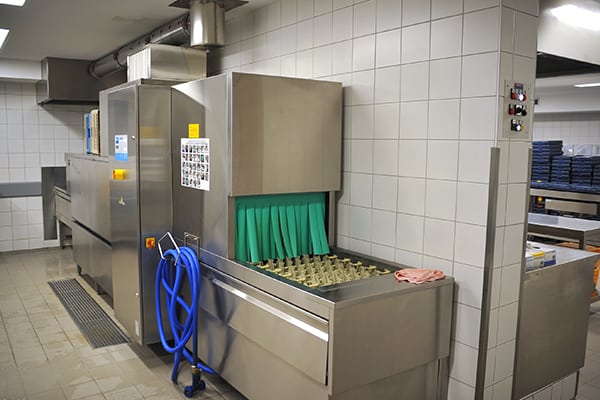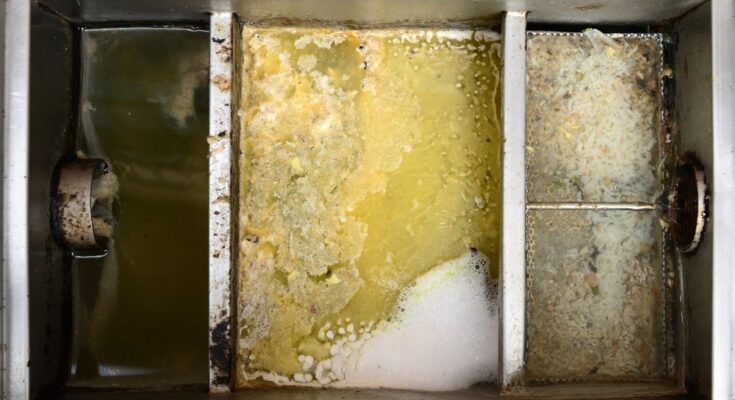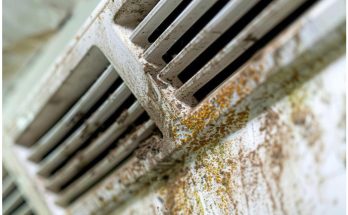Have you ever walked into your kitchen and noticed a strong, unpleasant odor that just won’t go away? If you have a grease trap, those fumes might be the culprit. While they may not seem like a big deal, grease trap fumes can impact your home’s air quality and even cause health discomfort if ignored. Let’s take a closer look at what’s hiding in those fumes and how you can keep your home safe and odor-free.
What Causes Grease Trap Fumes?
Grease traps are designed to catch fats, oils, and grease (FOG) before they enter your plumbing system. Over time, these materials break down, releasing gases that can create foul smells. If not properly maintained, grease traps can also harbor bacteria, which adds to the unpleasant odor.
But is it just about the smell? Not necessarily. These fumes can carry volatile organic compounds (VOCs) and gases like methane, which, in enclosed spaces, may contribute to poor indoor air quality.
Are Grease Trap Fumes Dangerous?

While grease trap fumes are not considered toxic in most cases, they can still cause problems:
- Strong, lingering odors – The smell can become overwhelming, making it unpleasant to be in your kitchen or near your plumbing system.
- Headaches and nausea – Long-term exposure to these odors can trigger mild health symptoms, especially for those sensitive to smells.
- Aggravated respiratory conditions – Individuals with asthma or allergies may experience worsened symptoms due to poor indoor air quality caused by grease trap buildup.
How to Prevent Grease Trap Odors in Your Home
So, what can you do to keep your home fresh and free from unpleasant fumes? Here are a few simple solutions:
1. Schedule Regular Grease Trap Maintenance
Grease traps need to be cleaned regularly to prevent the buildup of decaying fats and oils. A professional cleaning service can help ensure your trap is functioning properly and doesn’t contribute to lingering odors.
2. Improve Ventilation
Good airflow is essential to keeping odors at bay. If your kitchen lacks ventilation, consider installing an exhaust fan or opening windows to allow fresh air to circulate and dilute any trapped gases.
3. Seal and Enclose the Grease Trap
A well-sealed grease trap can prevent odors from escaping. If your trap is located indoors, enclosing it in a well-ventilated space can also reduce the impact of any fumes.
4. Use Odor Control Products
Activated carbon filters, enzymatic cleaners, and other odor-neutralizing products can help reduce unpleasant smells. However, these should be used in conjunction with regular cleaning not as a substitute.
Don’t Let Grease Trap Fumes Take Over Your Home!
Unpleasant odors and poor air quality don’t have to be part of your kitchen experience. Regular grease trap maintenance and proper ventilation can make all the difference. If you’re dealing with persistent smells or need expert advice, contact professional plumbing services and keep your home fresh and odor-free.




